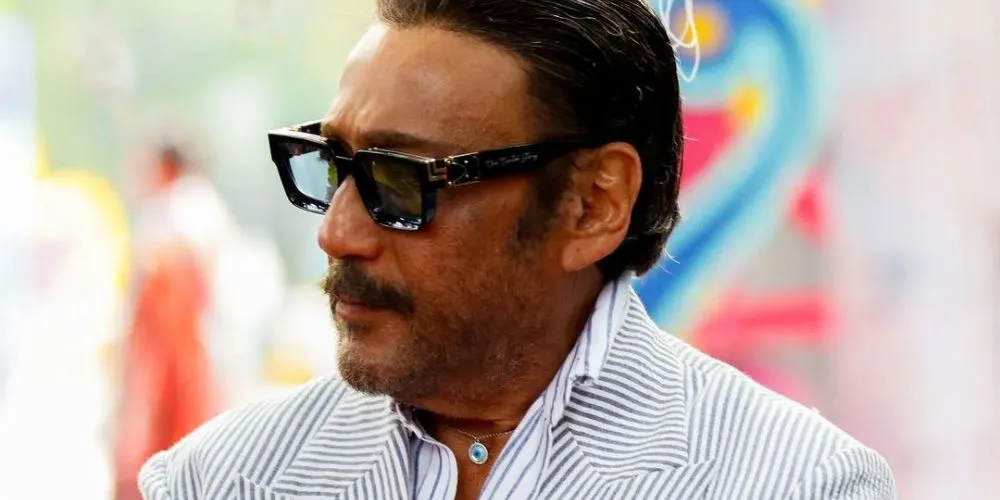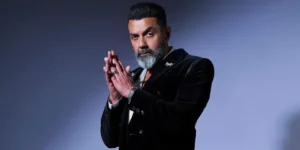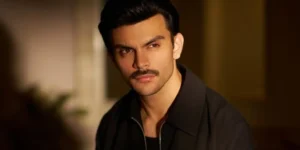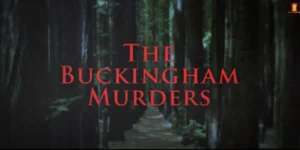
Image Source: Instagram
Veteran actor Jackie Shroff has taken a stand to protect his intellectual property, filing a lawsuit in the Delhi High Court. The suit targets the unauthorized use of his name, image, likeness, and most interestingly, his signature slang term – “Bhidu.”
Jackie Shroff, known for his charismatic screen presence and distinct dialogue delivery, has become synonymous with the word “Bhidu” – a term of endearment or camaraderie often used in Marathi. The lawsuit alleges that various entities have been exploiting these elements of Shroff’s persona for commercial gain, without his consent.
Advocate Pravin Anand, representing Jackie Shroff, argued that the actor’s “personality and publicity rights” are being violated. The suit details the unauthorized use of Shroff’s name, image, and voice for merchandise like ringtones, wallpapers, and even clothing. Perhaps most surprisingly, the lawsuit contests the use of “Bhidu” on products and services, claiming Shroff has established trademark rights over the word in association with his public image.
Jackie Shroff’s decision to take legal action has garnered mixed reactions. Some support his right to protect his intellectual property, while others question the claim on a common word. Here’s a breakdown of the viewer’s point of view:
Supporting Jackie Shroff:
Those who back Jackie Shroff argue that celebrities have the right to control how their image and brand are used. They point out that unauthorized use of “Bhidu” could mislead consumers and dilute the value associated with Shroff’s name.
Questioning the Claim:
Critics argue that “Bhidu” predates Shroff’s use of it in films and is a common term in Marathi. They believe Shroff cannot claim exclusive ownership of a word with a pre-existing meaning and usage.
The Delhi High Court is yet to issue a verdict. The legal battle will likely hinge on whether the court recognizes “Bhidu” as a unique identifier associated with Shroff’s brand identity or a common word beyond his control.
Regardless of the outcome, this case has sparked a conversation about intellectual property rights in the digital age. It raises questions about the extent to which celebrities can protect their public image and the ownership of catchphrases in a world of constant content creation. As the case unfolds, it will be interesting to see how the court balances the rights of celebrities with the free flow of language and cultural references.




